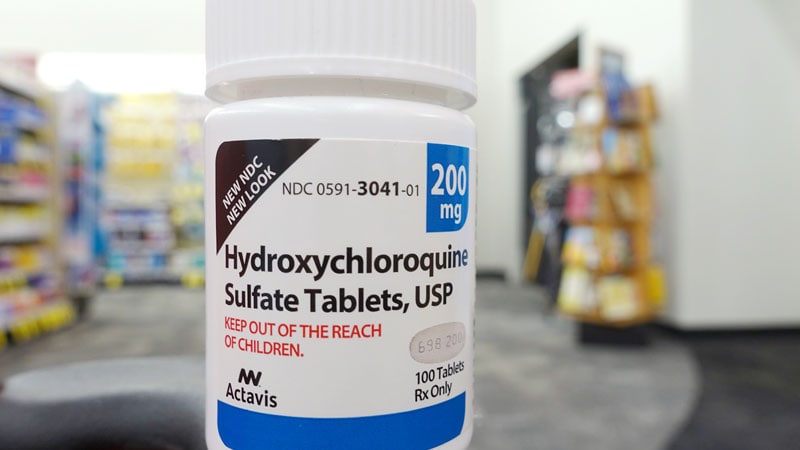Severe Hydroxychloroquine Nonadherence and SLE Outcomes
Core Concepts
Regular testing of hydroxychloroquine levels in SLE patients can identify severe nonadherence linked to worse outcomes.
Abstract
Standalone Note here
Overview
- Testing hydroxychloroquine levels in SLE patients
- Impact of severe nonadherence on outcomes
- Data from an international study
Key Points
- 7.3% of SLE patients severely nonadherent
- Higher risk of flare, early damage, and mortality
- Thresholds for severe nonadherence defined
- Severe nonadherence linked to 3.3-fold higher flare risk
- Greater damage in nonadherent patients over time
- Difficulty in recognizing nonadherent patients
- Importance of testing hydroxychloroquine levels
- Reasons for nonadherence discussed
- Prognostic significance of severe nonadherence
Customize Summary
Rewrite with AI
Generate Citations
Translate Source
To Another Language
Generate MindMap
from source content
Visit Source
www.medscape.com
Severe HCQ Nonadherence Linked to Worse SLE Outcomes
Stats
7.3% of patients with SLE are severely nonadherent to their medication and have a higher risk of flare, early damage, and mortality.
Quotes
"Many patients with SLE have low-grade disease or inflammation in the blood vessels that may not be clinically apparent and which hydroxychloroquine can help, so it might be wise to routinely get blood levels." - Joan Merrill, MD
Key Insights Distilled From
by Bianca Nogra... at www.medscape.com 05-25-2023
http://www.medscape.com/viewarticle/992462
Deeper Inquiries
How can healthcare providers effectively educate patients on the importance of hydroxychloroquine adherence
Healthcare providers can effectively educate patients on the importance of hydroxychloroquine adherence by implementing personalized education strategies. This can include explaining the purpose of the medication, its benefits in managing SLE, and potential risks of nonadherence. Providers should also address any concerns or misconceptions patients may have about the medication, such as side effects or perceived lack of efficacy compared to other treatments. Utilizing visual aids, written materials, and engaging in open discussions can help reinforce the importance of adherence and empower patients to take an active role in their treatment plan.
What are the potential implications of not addressing severe nonadherence in SLE patients
The potential implications of not addressing severe nonadherence in SLE patients can lead to increased disease activity, higher risk of flare-ups, progression of organ damage, and even mortality. Patients who do not adhere to their hydroxychloroquine treatment are at a significantly higher risk of experiencing disease flares, early damage, and mortality compared to adherent patients. Failure to address nonadherence can result in poor disease outcomes, decreased quality of life, and increased healthcare costs due to the need for more intensive treatments and hospitalizations.
How can advancements in technology improve monitoring and management of medication adherence in chronic conditions
Advancements in technology can greatly improve monitoring and management of medication adherence in chronic conditions like SLE. Tools such as electronic medication reminders, smartphone apps, wearable devices, and telemedicine platforms can help patients track their medication intake, set reminders for doses, and communicate with healthcare providers about their adherence. Additionally, the use of electronic health records can enable providers to monitor patients' medication adherence over time, identify patterns of nonadherence, and intervene proactively to address any issues. These technological advancements can enhance patient engagement, improve treatment outcomes, and optimize the overall management of chronic conditions.
0
